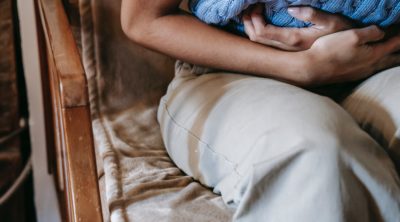Many medications warn that you shouldn’t consume alcohol while taking them. It is also commonly assumed that one shouldn’t drink when taking antidepressants. These two factors, combined, cause people to worry about the risk of an antidepressants and alcohol blackout.
However, is there any truth to this? Do antidepressants actually make you more likely to black out when you’re drinking? In this article, we explore the relationship between antidepressants and alcohol so you can decide for yourself if this is something you’re willing to risk.
Possible Risks of Drinking Alcohol on Antidepressants
There are many reasons that you may want to avoid drinking when you’re taking antidepressants. These risk factors may vary depending on your mental and physical health, age, and other factors.
- Alcohol can increase the risk of depressive behavior. Alcohol tends to make people more emotional and reactive. This can make them more likely to engage in depressive behavior. This can be a serious risk, especially when one considers that some antidepressants can increase suicidal thinking.
- Alcohol can aggravate antidepressant side effects. Any drug that specifically interacts with alcohol will have a warning on the bottle. In this case, you should avoid drinking at all costs while taking this medication. However, even without this warning, alcohol can worsen some antidepressant side effects.
- Alcohol interacts negatively with MAOIs. If you’re taking MAOI antidepressants, alcohol can lead to a serious increase in blood pressure.
- Alcohol impairs judgment. This is common knowledge. However, people prescribed antidepressants may be more susceptible to the effects of impaired judgment.
- Alcohol can be sedating. If you are taking sedating antidepressants, then this can increase the risk of over-sedation. This can impair your ability to perform, move, and act.
So Is There a Risk of Antidepressants and Alcohol Blackout?
While there isn’t a specific risk of most antidepressants causing a blackout, there are other risk factors that could increase your likelihood of blacking out.
Antidepressants can also cause sedation on their own. This can make you more likely to drink yourself to sleep, which can lead to unwanted social problems.
Mixing antidepressants and alcohol can also lead to impaired judgment. This can lead you to consume larger amounts of alcohol than you would normally, which is certainly a risk factor for causing blackouts.
It’s important to note that different antidepressants cause different risk factors. SSRIs, in particular, are known to cause problems for people who drink alcohol. You can create further problems by suddenly stopping your medication in order to drink.
If you are a regular drinker and don’t plan to stop, you should tell your doctor and see if there is a medication you can take which won’t interact with alcohol.
Conclusion
Antidepressants are known to be dangerous when mixed with alcohol. They can influence behavior and create a greater risk of experiencing a blackout.
If you struggle with an alcohol problem or a drug addiction, you may want to talk to your doctor about finding the best antidepressant for recovering addicts. Or, if you’re interested in learning how to live without medication, consider joining a group like Surviving Antidepressants.


